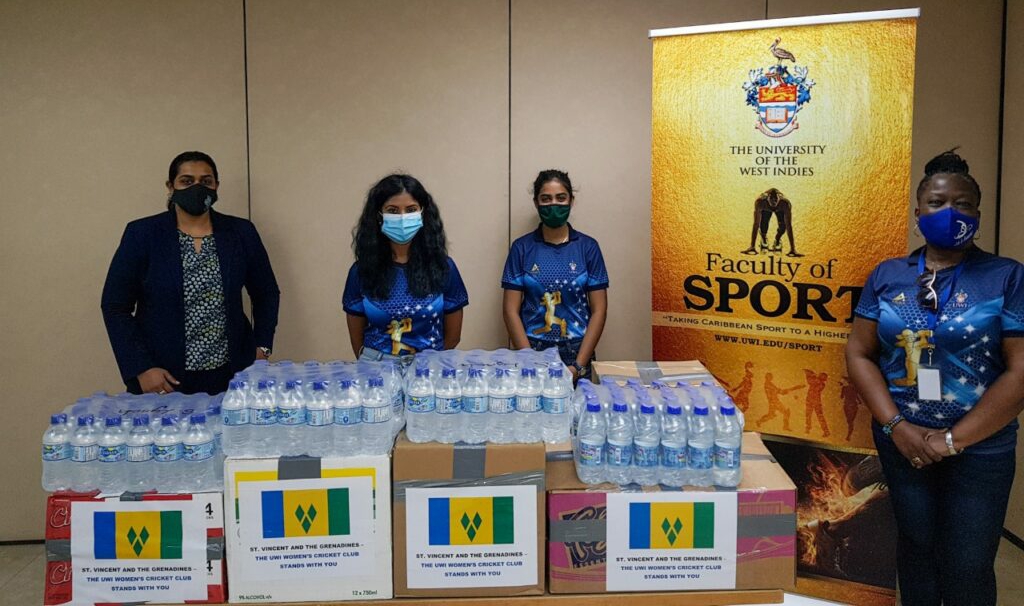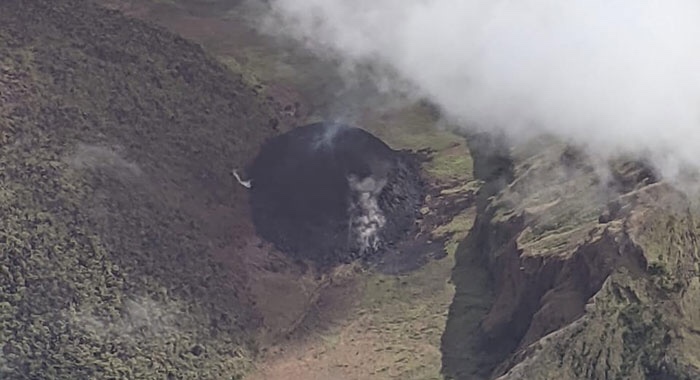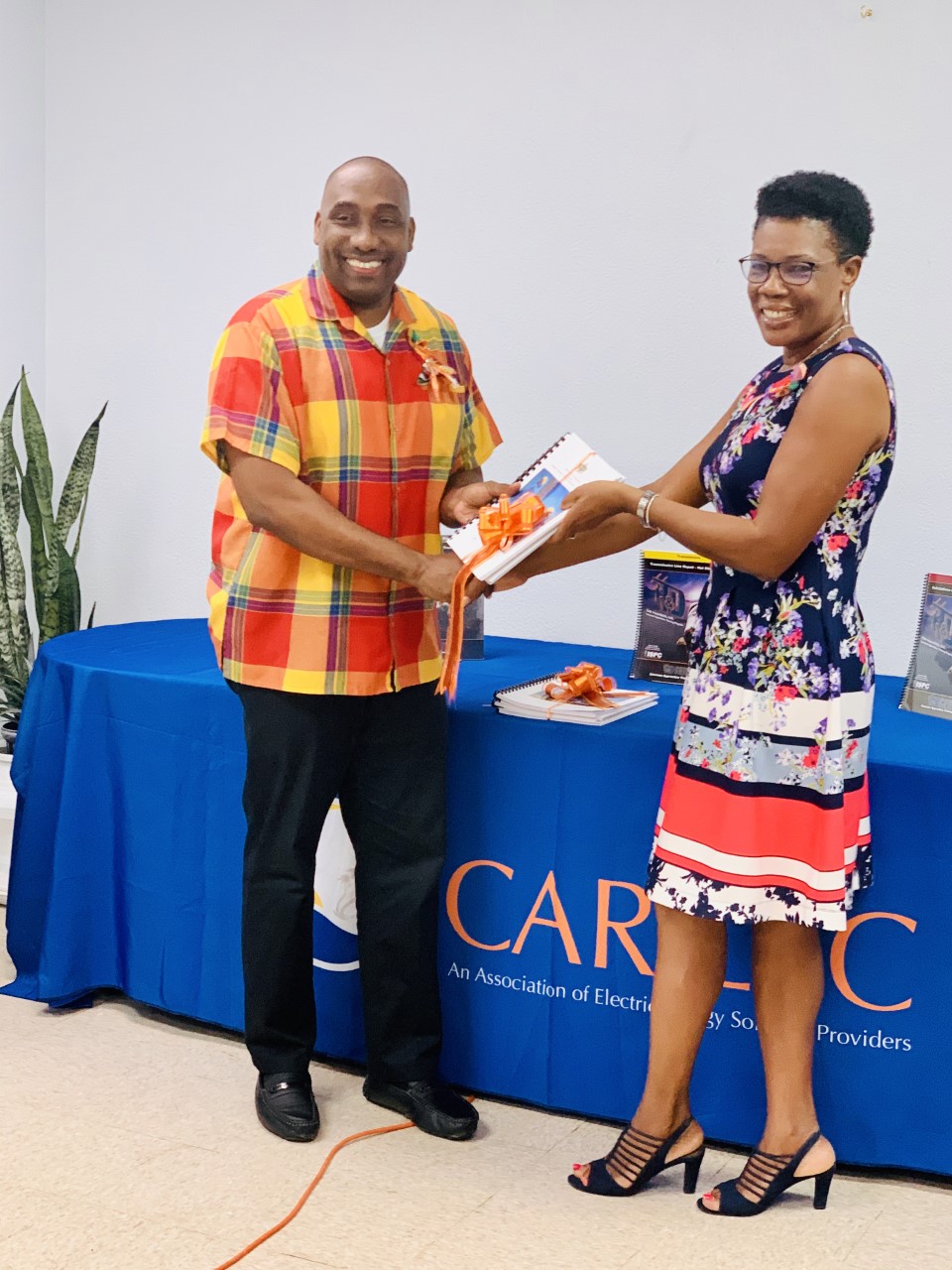
Photo – Professor Anthony Clayton
819/2018
Basseterre, St. Kitts, September 14, 2018 – A professor at the University of the West Indies (UWI) in Jamaica is of the view that it would be a colossal mistake for Jamaica to follow in the footsteps of St. Kitts and Nevis and give police powers to the military.
The Jamaica Gleaner reporting on a St. Kitts and Nevis Team Unity government statement that an increase in major crimes has prompted that country’s government into giving police powers to the military, quotes the University of the West Indies Professor, Anthony Clayton, as saying that such measures in Jamaica would be a colossal mistake.
Clayton pointed out that Jamaica’s situation is different, noting that while there have been talks in the past about that possibility, he considered it an unnatural step in tackling Jamaica’s crime problem.
“The reason is that where we need to get to is a situation where we have our police force actually operating more like a normal police service. In other words, one that is less paramilitary than the one we have now. And if we go the other direction and give the army police powers, this would actually be a step further away from where we need to get to,” said the professor.
Clayton told The Gleaner that he doubted that the Jamaican Government would be looking at a similar move for the Jamaica Defence Force, even if the final outcomes of the already established states of public emergency and zones of special operations fail to deliver on expectations.
He said that the army, in those special cases, does not have the power of arrest, but is there to support the police operation.
“They can detain a suspect, but they do need to have a police officer present if the suspect is actually going to be arrested and held for trial,” Clayton emphasised.
“I think that the situation in St. Kitts and Nevis is not comparable. But if you have an immediate crisis, it is possible that the only course of action open to them was to press the army into service, and that is really a crisis decision.”
Instead, Clayton reiterated his belief that it would be better to have a good, properly trained police force carrying out policing duties, with the army in support only when necessary.
“To give the army the same authority and powers as the police is a very serious step and not one that you would normally consider unless it was a state of national emergency,” he stated.
Professor Anthony Clayton is the Alcan Professor of Caribbean Sustainable Development at the University of the West Indies. He is also a Visiting Professor at the Centre for Environmental Strategy in the School of Engineering at the University of Surrey; Visiting Professor at the Institute for Studies of Science, Technology and Innovation in the School of Social and Political Studies at the University of Edinburgh; Adjunct Distinguished Professor of Sustainable Development in the Faculty of Business and Management, University of Technology, Affiliated Scholar at the Jack Gordon Institute for Public Policy within the Steven Green School of International and Public Affairs at Florida International University, Fellow of the Caribbean Academy of Sciences, a Fellow of the World Academy of Sciences, where he serves as the Chairman of the Membership Advisory Committee for Social and Economic Sciences, and he was the first person to be appointed a Distinguished Fellow of the Caribbean Association of Eastern European Trained Professionals.
In 2015 he was awarded Jamaica’s Order of Distinction in the Rank of Commander.









